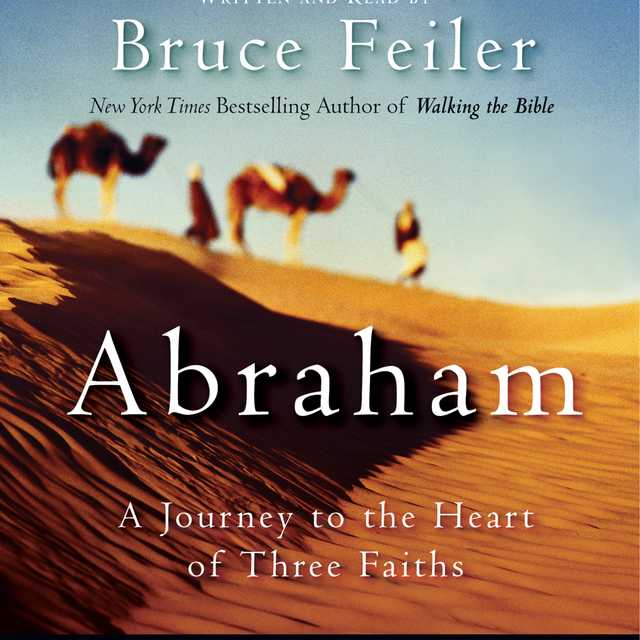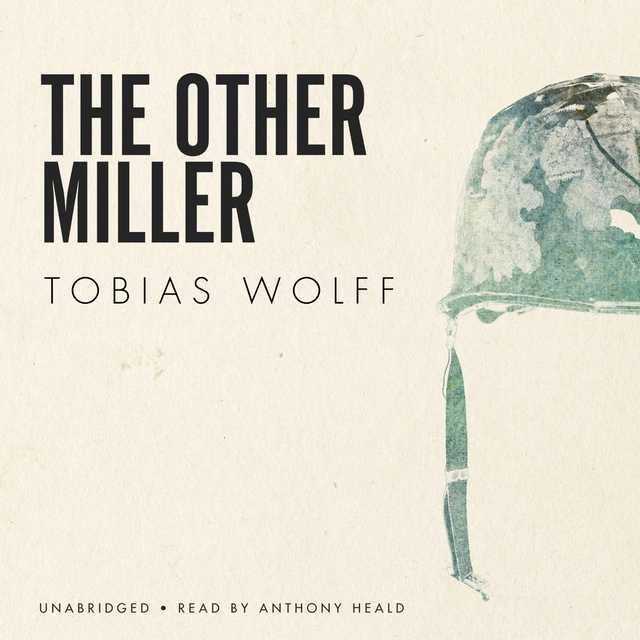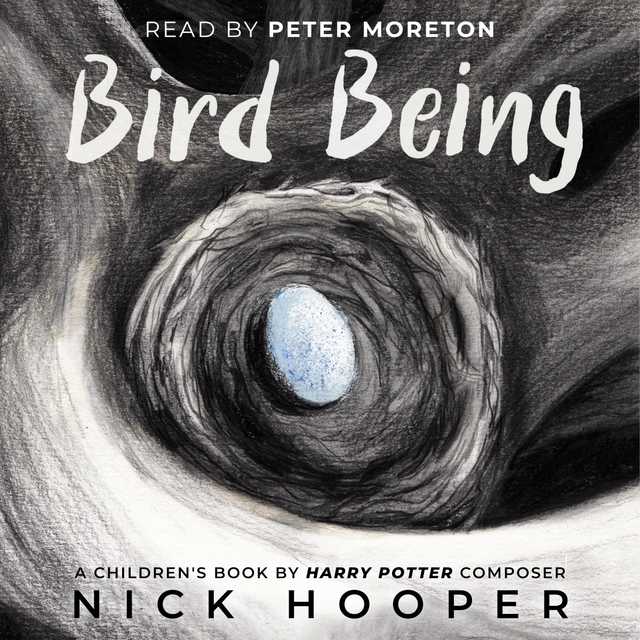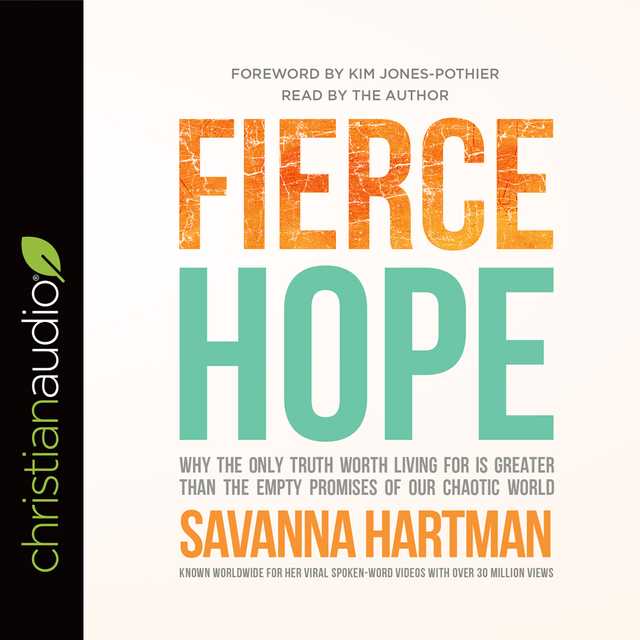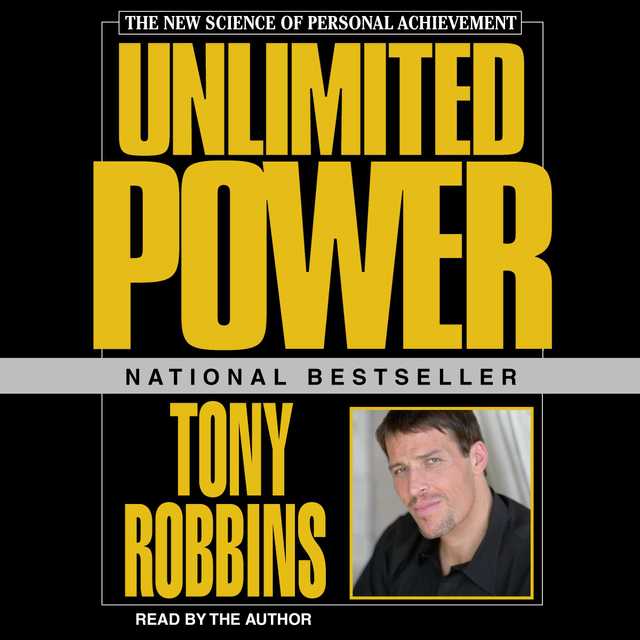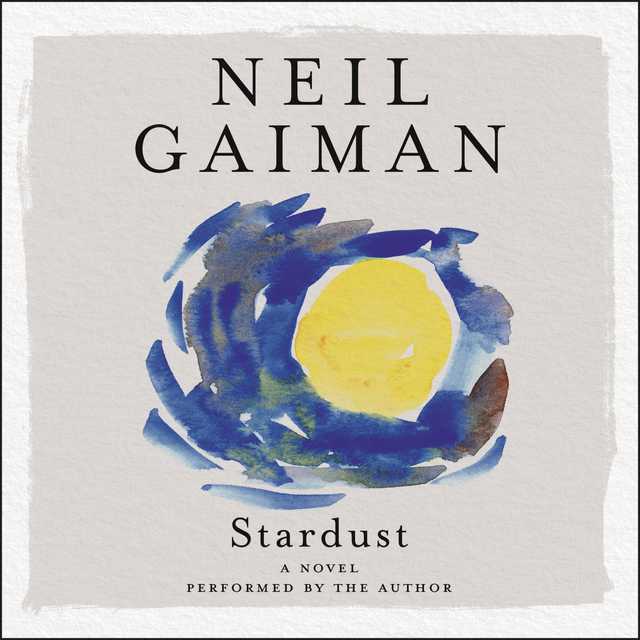Abraham Audiobook Summary
In this timely, provocative, and uplifting journey, the bestselling author of Walking the Bible searches for the man at the heart of the world’s three monotheistic religions — and today’s deadliest conflicts.
At a moment when the world is asking, “Can the religions get along?” one figure stands out as the shared ancestor of Jews, Christians, and Muslims. One man holds the key to our deepest fears — and our possible reconciliation. Abraham.
Bruce Feiler set out on a personal quest to better understand our common patriarch. Traveling in war zones, climbing through caves and ancient shrines, and sitting down with the world’s leading religious minds, Feiler uncovers fascinating, little-known details of the man who defines faith for half the world.
Both immediate and timeless, Abraham is a powerful, universal story, the first-ever interfaith portrait of the man God chose to be his partner. Thoughtful and inspiring, it offers a rare vision of hope that will redefine what we think about our neighbors, our future, and ourselves.
Other Top Audiobooks
Abraham Audiobook Narrator
Bruce Feiler is the narrator of Abraham audiobook that was written by Bruce Feiler
Bruce Feiler is the author of six consecutive New York Times bestsellers, including Abraham, Where God Was Born, America's Prophet, The Council of Dads, and The Secrets of Happy Families. He is a columnist for the New York Times, a popular lecturer, and a frequent commentator on radio and television. He lives in Brooklyn with his wife and twin daughters.
About the Author(s) of Abraham
Bruce Feiler is the author of Abraham
More From the Same
- Publisher : HarperAudio
- Abraham
- American Gods [TV Tie-In]
- Dead Ringer
- House of Sand and Fog
- Prey
Abraham Full Details
| Narrator | Bruce Feiler |
| Length | 5 hours 50 minutes |
| Author | Bruce Feiler |
| Category | |
| Publisher | HarperAudio |
| Release date | November 11, 2003 |
| ISBN | 9780060735579 |
Subjects
The publisher of the Abraham is HarperAudio. includes the following subjects: The BISAC Subject Code is Comparative Religion, Religion
Additional info
The publisher of the Abraham is HarperAudio. The imprint is HarperAudio. It is supplied by HarperAudio. The ISBN-13 is 9780060735579.
Global Availability
This book is only available in the United States.
Goodreads Reviews
Syed Ali
May 15, 2021
Abraham: A Journey to the Heart of Three Faiths by Bruce FeilerIt was my first experience to read a book discussing the personality, Abraham/Ibrahim, common in all three monotheistic religions.Ignoring the discussion about basic beliefs, what I like is the message of co-existance, tolerance and a try to create such an environment that has courage enough to tolerate with people having opposite thinking.A good effort...
Kirstin
December 22, 2022
I enjoyed this book. It was an intriguing. I learned a lot of details and perspective about a person and story I actually thought I knew more about than I actually did. That was cool, but there were some tangents I couldn't quite follow and it's biggest weakness was how some "straws were so split" for me to even keep straight.
Lee
April 04, 2011
“So, Professor, what do we know about Abraham?” I asked.“All we know about Abraham is in the Bible,” he says. “In the ground, there is nothing.”This book is Bruce Feiler’s best. With no archaeological evidence whatsoever to explore, he embarks on his journey to learn about Abraham by interviewing members of various faiths, and finds himself enmeshed in a bewildering array of legends and claims. Abraham begins life as a polytheist in Ur, but is called by a foreign god, Yahweh, to journey to a new land. The promise by this strange god? “All the families of the earth shall bless themselves by you.” Various passages in the Bible retain echoes of this polytheism; Abraham is a transitional figure, with a foot in both worlds.In this new land, two sons are born to Abraham, and God asks Abraham to sacrifice one of them as a test of his faith. So diverse are the legends about Abraham that there is not even agreement over which son is the requested sacrifice, but the Biblical account favors Isaac. This sacrifice—of whichever son—plays a major role in Judaism, Christianity, and Islam. Feiler writes, “Considering that I set out in search of what I thought was one Abraham at the heart of all three faiths, I was amazed by how much time I spent trying to figure out when one religion’s Abraham ended and another began.The Jewish religion appears to have seniority. “Long before Christians and Muslims set about reinterpreting Abraham, early Jews were the first to perform reconstructive surgery on their purported father.” Feiler describes how the Israelites set about codifying their Bible, gathering and recording oral stories. Suddenly, Israel had scripture that described their ancestors, but what difference did that make? They still needed to make that text relevant to their lives. They needed midrash. Qumran provides excellent examples of Jewish midrash, and how Abraham was molded into their image.Some years later, Christians entered the scene. In Paul’s fourteen letters, he refers to Abraham nineteen times, more than any other figure except Jesus. But the idea that Abraham belongs to all humanity, which appears at least in spirit in Paul’s letters, soon begins to dissipate. Matthew traces Jesus’ lineage through Isaac to Abraham. God’s sacrifice of his Son is compared directly to Abraham’s sacrifice of Isaac. Abraham, says John, knew about Jesus thousands of years before Jesus was born. Abraham has been appropriated to the Christian side.Hundreds of years later, Muslims trace their relevancy through Abraham’s other son, Ishmael. Ibn Kathir accuses Jews of dishonesty and slander, claiming they introduced Isaac into the story, even though the Bible says Abraham went to sacrifice his only son, his favored son. For Muslims, Ishmael was the favored son, so he was the one Abraham took to sacrifice. As Feiler interviews a Muslim leader, he is told, “Abraham is the father of one religion, and that religion is Islam.” “So what will happen to me?” Feiler asked. “You’ll die,” came the answer.Thoroughly rattled, Feiler retreats. His book has become something entirely different than what he set out to write.(please follow this link to the Dubious Disciple below for further discussion of this topic)http://www.dubiousdisciple.com/2011/0...
Steven
October 12, 2016
Abraham is a hugely important figure in the three major monotheistic religions (Judaism, Christianity, and Islam). Indeed, these three religions are often referred to as the ‘Abrahamic’ religions, which shows the great importance attributed to this figure who lived around the year 2000 BCE.In Bruce Feiler’s enthralling book, we are taken into the heart of the Holy Land where the author talks to many learned figures from these three religions and explores shrines, tombs, and important places of worship, many of which are linked to Abraham and have been fought over for centuries in religious conflicts.The central themes of the book are Feiler’s attempt to uncover why Abraham is such as important figure and also to see whether there is any common ground between the monotheistic religions that might make Abraham a unifying figure. The book is divided into separate sections which each focus on a different religion and it’s understanding of Abraham.This book would have taken a lot of time, and courage, to write. Conflict in the Middle East at the time of writing (conflict which is of course ongoing) means that as the author explored the Holy Land he was never far away from conflict and danger. For instance, he describes having to go through six different check points on a visit to Abraham’s tomb in Hebron, encountering armed guards along the way.Feiler discusses the great deal of confusion that exists about Abraham’s life, and the life of his children. Perhaps the most famous story related to Abraham is where he is instructed by God to go up a mountain and offer up his son as a sacrifice. However, it is a point of contestation amongst the Abrahamic religions which son was with Abraham, and also the reasons why and the manner in which the imminent sacrifice was halted by an angel from God. The event is generally regarded as being a test of Abraham’s faith in God, but there are differing interpretations among the religions which are discussed in the book.The book is relatively short (224 pages) and not heavily academic, although there is a lot of detail and a lot of depth. For me, it’s one of those books where you feel you want to read it at least twice to absorb all the information contained within its pages. And I mean that in a positive way – I found it to be an excellent read.Despite major differences in the theology of the world’s three major monotheistic religions, the author’s contention is that Abraham offers a glimmer of hope for interfaith understanding, unity, and most importantly of course, peace. In a world where peace seems so unlikely, I found it refreshing to read about a figure who could perhaps be at the centre of a coffee table discussion between Jews, Muslims, and Christians. I would recommend this book to people of all faiths and no faith for it’s detailed exposition, insight, and readable style.
Georgia
October 17, 2012
Because I have been a student and teacher of the Bible, I read with great interest Feiler's book, particularly because I knew I was limited in my understanding of the perceptions of Abraham by adherents of Judaism and Islam. Feiler goes in search of the real Abraham, history's first monotheist and the father of twelve million Jews, two billion Christians, and one billion Muslims. Feiler allows the reader to participate in his quest as he seeks out the documents related to the many legends about Abraham. Feiler expresses his surprise, shock, and disappointment in his findings. He expresses his confusion along the way. USA Today said, "Bruce Feiler went looking for proof. He learned that proof doesn't matter." (That could also be applied to the history and books of the LDS church.)Separate chapters trace the necessity of each faith for Abraham in order to establish its legitimacy. Feiler uses interviews with experts, renowned scholars, theologians, and archaeologists (and others) to introduce each segment of his subject matter. That contributed a sense of immediacy for the reader. In addition, the reader journeys with Feiler as he walks the streets of Jerusalem, stands near the Wailing Wall, visits ancient shrines, climbs to the caves of Qumran and the Dead Sea Scrolls, and enters Hebron under high security. Because I have traveled in Israel, these forays helped make Feiler's search even more personal to me. Abraham's story stands at the root of the Middle Eastern conflict today. Can the religions co-exist? Perhaps, perhaps not. Historically, they have become geo-political. As I read Feiler, I often turned to Genesis to verify his presentation. Because I've looked at Abraham from the Christian perspective, I was interested in the other vantage points, even differences in the narrative. Feiler's conclusion: Abraham "represents the basic desire all people have to form a union with God." Abraham is a "physical manifestation of the fundamental yearning to be descended from a sacred source." Those are deductions that I've not made in my study of Abraham before. Feiler provides an overview of Abraham in the three faiths. As a result, brevity and absence of more specific detail could be a weakness. Fluid, vivid prose.
Ron
April 28, 2013
I listened to this book on Audible a while back. I found the narrative to be a fascinating tour through the Genesis account and very eye-opening in helping me to understand the claim the three great world religions have on this patriarch. This is an easy read. It is not designed as a scholarly book with extensive footnotes. It is more conversational. There is a short bibliography at the back that provides sources for further reading for those so inclined. Mormon doctrine has a very different interpretation of the Abraham based on the words in the Pearl of Great Price, books of Moses and Abraham. I found it hard to set aside the teachings of the church in reading about all of these other traditions. I think the best part of the book for me is to open my eyes to the stories of Hagar and Ismael. They are really compelling figures right in the Hebrew Bible. I like this book. I like the light, conversational tone and the great story-telling talent of Bruce Feiler.It is a "good read" in my book.
Judy
June 12, 2010
Abraham has been claimed as the patriarch of three faiths and Bruce Feiler looks at both the way Abraham has been portrayed by each faith--how his story has been expressed and interpreted--and also how each faith has attempted to claim him exclusively. It was fascinating to see how Abraham has been presented throughout history. His reputation and the portions of his story that were historically highlighted and debated said as much about the period in which they were written as it did about evolving religious traditions. A very well written book. Most interesting were Feiler's interviews with clerics and scholars and their reflections about the role and pivotal importance of Abraham to the Jewish, Christian, and Muslim traditions.
Kkraemer
July 29, 2018
Beginning with the hints and allusions of the oldest stories, Feiler explores how this one man, Abraham, becomes the father of all of the Jews, Christians, and Muslims worshipping today. There are few details in these bits and snippets, nothing about Abraham's early life before he receives the Call to leave his home and venture elsewhere. We then learn of the older wife, the child, the newer wife, another child, the binding. Over the millennia, all of these stories have been told by many voices. Some are the voices of the clergy who hear and tell them through the lens of their faith; others are simply people who hear and tell the stories to prove a point, entertain the masses, bring solace.And the two sons: Ishmael and Isaac. And stories about them as well.From this set of stories have arisen countless interpretations that both guide humans to embrace all of Abraham's children as brethren and to despise all of his children have different understandings of the stories, different ways of submitting to God.Feiler is a fascinating writer who envelops each set of stories in his tales of being somewhere, of talking with someone. He follows the various branches of the people of Abraham, noting both their similarities and their differences, and even includes some incidents that are based on such logic that their terror grips the absolute core of the reader.
Gracie
October 30, 2022
Yikes it took me over 8 months to finish this book 🙃 but I finally finished! Originally started reading this for my religion and politics class last semester but recently finished it up this past weekend. I’m glad I did - I think it’s a very well-written and open-minded book. The 3 main monotheistic religions have so much more in common than one would realize, and it encourages an interfaith dialogue among Jews, Christians, and Muslims. Abraham being the common unifying figure. Favorite quote: “Those of us who believe in mutual respect and coexistence must join this conversation as well. In this days of mass destruction and weapons of terror, silence, sadly, equals violence.”
Neo
May 07, 2022
Bruce Feiler investigates the patriach of three major religions, Judaism, Christianity and Islam. The journey across nations, religions and most importantly, individuals, was hard at times. There were many moments of absolute despair. We all have to let go of the idea that our way is “right” and live and let live. The author draws all pieces of the very much unsolved puzzle and invites us into a new, peaceful and forward-thinking reality. He gives a unique and welcome ending to the story with no end. Yet.
Charlie
February 13, 2017
This is an incredibly informative book; Bruce Feiler does a great job at explaining Abraham's relevance to each big monotheistic religion and writes about each belief system in a style that a person of any faith can understand. Feiler takes on a positive outlook regarding religious/political affairs - and explains not only how differing beliefs about Abraham play into these issues, but also how Abraham can serve as a unifying figure to help generate peace between feuding religions.
Mike
June 04, 2008
One of my favorite passages from this fascinating bibliographic adventure (i.e. Bruce Feiler's Abraham) highlights the virtue and value of modesty or humility as far as our personal faith is concerned.In this conversation, Feiler discusses the archetypal tale as related in the (3) major monotheistic scriptures with Hanan Eschel, one of the leading archaeologists of the first millenium B.C.E. (This excerpt appears on p. 135.)Hanan explains to the author: "What I'm trying to do, especially in this part of the world, is to teach people to be more modest [i.e. about their faith, religious practices & beliefs, etc.]. To explain to them that they don't have all the answers. If you'll be modest, you'll probably understand the text better, and there's much less chance that you'll do awful things in the name of God."[Then Feiler inquires:] "So can you find a basis in the Abraham story for modesty?"He smiled. "The whole story is about modesty. Leave your family, leave what you know. Think of when God tells Abraham to follow what Sarah says in regard to Ishmael. We know Abraham felt bad about this; he had to send Ishmael away. But he knew he didn't understand everything."You can take the story of Abraham and teach people they don't have all the answers, because we are Abraham--just like all those commentators said--and we don't have all the answers. We don't know our destination. And we certainly don't know everything about God."Amen, brother Eschel! It's hard to put it better....
Karen
April 20, 2008
This book was the first of the Feiler books I read. I read it in response to wanting a better understanding of the relationship among the three peoples of the Book. I had Muslim children in school for whom I worried after 9/ll.I found hope in this book written by a Jew that good could come from such monumental evil. As a result I attended a salon locally where a Rabbi, an Imam and a Christian Minister shared their experiences with the Abrahamic stories in the "old testament" -- there that shows my particular bias!It is well worth reading --- as are his other books. But each is a call to change --- one person at a time. A change in our hearts toward one another and recognizing that God speaks to all!Something missing from our discourse is Feiler's call -"The message of Abraham is to be alone, to be quiet, and to listen. If you never hear the call in the first place, you will never know which way to go." p. 50We need to spend time alone -- and listen -- not to T.V. newstainment -- but to the experience and pain of our hearts and those of other hearts.
Frequently asked questions
Listening to audiobooks not only easy, it is also very convenient. You can listen to audiobooks on almost every device. From your laptop to your smart phone or even a smart speaker like Apple HomePod or even Alexa. Here’s how you can get started listening to audiobooks.
- 1. Download your favorite audiobook app such as Speechify.
- 2. Sign up for an account.
- 3. Browse the library for the best audiobooks and select the first one for free
- 4. Download the audiobook file to your device
- 5. Open the Speechify audiobook app and select the audiobook you want to listen to.
- 6. Adjust the playback speed and other settings to your preference.
- 7. Press play and enjoy!
While you can listen to the bestsellers on almost any device, and preferences may vary, generally smart phones are offer the most convenience factor. You could be working out, grocery shopping, or even watching your dog in the dog park on a Saturday morning.
However, most audiobook apps work across multiple devices so you can pick up that riveting new Stephen King book you started at the dog park, back on your laptop when you get back home.
Speechify is one of the best apps for audiobooks. The pricing structure is the most competitive in the market and the app is easy to use. It features the best sellers and award winning authors. Listen to your favorite books or discover new ones and listen to real voice actors read to you. Getting started is easy, the first book is free.
Research showcasing the brain health benefits of reading on a regular basis is wide-ranging and undeniable. However, research comparing the benefits of reading vs listening is much more sparse. According to professor of psychology and author Dr. Kristen Willeumier, though, there is good reason to believe that the reading experience provided by audiobooks offers many of the same brain benefits as reading a physical book.
Audiobooks are recordings of books that are read aloud by a professional voice actor. The recordings are typically available for purchase and download in digital formats such as MP3, WMA, or AAC. They can also be streamed from online services like Speechify, Audible, AppleBooks, or Spotify.
You simply download the app onto your smart phone, create your account, and in Speechify, you can choose your first book, from our vast library of best-sellers and classics, to read for free.
Audiobooks, like real books can add up over time. Here’s where you can listen to audiobooks for free. Speechify let’s you read your first best seller for free. Apart from that, we have a vast selection of free audiobooks that you can enjoy. Get the same rich experience no matter if the book was free or not.
It depends. Yes, there are free audiobooks and paid audiobooks. Speechify offers a blend of both!
It varies. The easiest way depends on a few things. The app and service you use, which device, and platform. Speechify is the easiest way to listen to audiobooks. Downloading the app is quick. It is not a large app and does not eat up space on your iPhone or Android device.
Listening to audiobooks on your smart phone, with Speechify, is the easiest way to listen to audiobooks.

